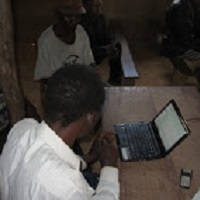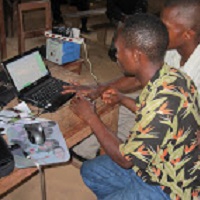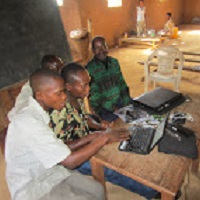WeSay helps non-linguists build a dictionary in their own language. It offers various tools to assist native speakers in documenting words and their meanings without requiring advanced linguistic knowledge. Designed to be highly customizable and task-oriented, WeSay allows advisors to enable or disable tasks based on the user’s training and needs, making it a versatile tool for any community.
Particularly beneficial for speakers of lesser-known languages, WeSay addresses common challenges such as lack of computer exposure, limited internet connectivity, and harsh environmental conditions. By using a standard XML format, WeSay ensures seamless data exchange with more advanced tools like Fieldworks Language Explorer (FLEx), allowing communities to collaborate efficiently via USB drives, email, or network connections.


